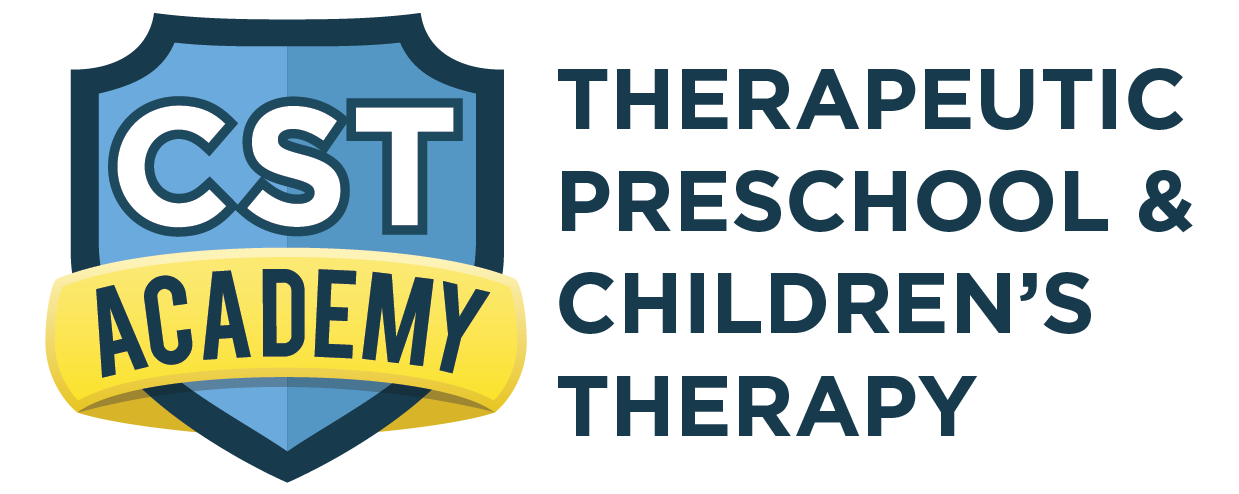Children develop speech-language skills before they even learn their first word. They absorb many different conversations, sounds, and words that occur in their environment and are constantly processing all these new experiences. This makes the first few months of a child’s life crucial to their speech-language development. It is important to pay attention to your child’s progress and to intervene if necessary. The earlier lags in development are noticed, the sooner you can help your child get back on track. Below is a list of criteria your child should be meeting between the ages of birth to 6 months.
By 3 Months
Receptive Language
o Listens or smiles when spoken to
o Recognizes familiar voices
o Startled by loud sounds
o Responds to being held, fed, or changed
Expressive Language
o Makes sounds that let others know when he or she is experiencing pleasure or pain. This may be in the form of cooing (early vowel sounds a baby makes), gooing, or cries.
o Cries differently for different needs. For example, a cry may indicate hunger, the need to be changed, or pain
o Smiles when he/she sees you or is happy
By 6 Months
Receptive Language
o Moves eyes and or head in the direction of sounds
o Responds to changes in your tone of voice, such as angry or friendly tones
o Reacts to sounds, such as toys that make sound
o Enjoys music and rhythm
o Responds to their name
o Understands the word “no”
o Understands object permanence, which is the idea that things can exist even though they are not seen
o Begins to understand basic phrases
Expressive Language
o Laughs or giggles when stimulated by silly faces or tickling
o Babbling – when the baby combines vowels and consonants such as “ma ma ma”. This includes many sounds, like “p”, “b”, and “m”
o Vocalizes excitement and displeasure
o Uses sounds and/or gestures to indicate that he or she needs something done
o Makes sounds such as gurgling when he or she plays with you
Your child should be meeting these milestones by the time they are 6 months. If he or she does not, or if you are unsure, contact a pediatric speech therapist or doctor for a consult. This will allow your child to be seen by a speech-language pathologist who will determine which criteria your child needs to improve on. Then, the therapist will create a plan of action to help your child reach these milestones.
Are you interested in receiveing free information, speaking with Karen, or scheduling a free tour? If so, Click Here




